
Batteries Can Be Part of the Fight Against Climate Change – If We Do These Five Things
Recommendation
Driving your new electric vehicle around feels good, until you realize the battery which powers it could create a negative sum impact on the environment. Jonathan Eckart explains in World Economic Forum that producing lithium-ion batteries, which energize everything from cars to homes to power plants, requires electricity, and tons of raw materials such as lithium, nickel and cobalt. Batteries continue to be an important part of the global warming solution, but public and private entities must work together to ensure they are manufactured responsibly, and recycled.
Summary
About the Author
Jonathan Eckart is Project Specialist, Inclusive Business Strategies and Global Leadership Fellow for World Economic Forum, Geneva.



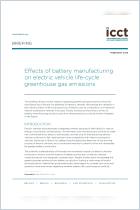
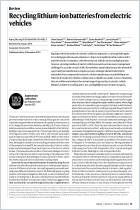
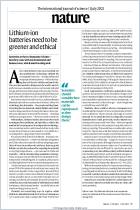



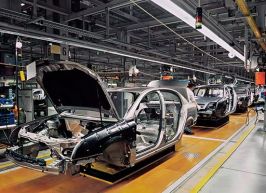


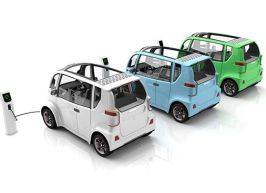




Comment on this summary